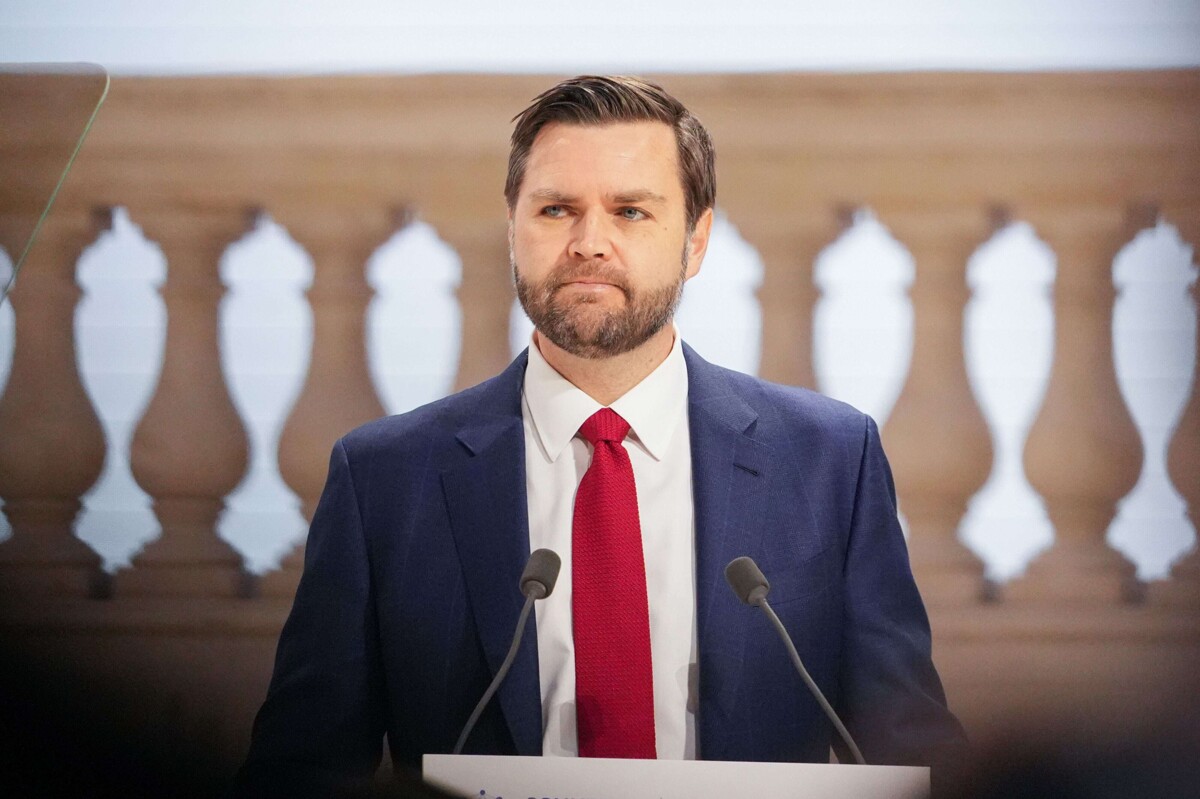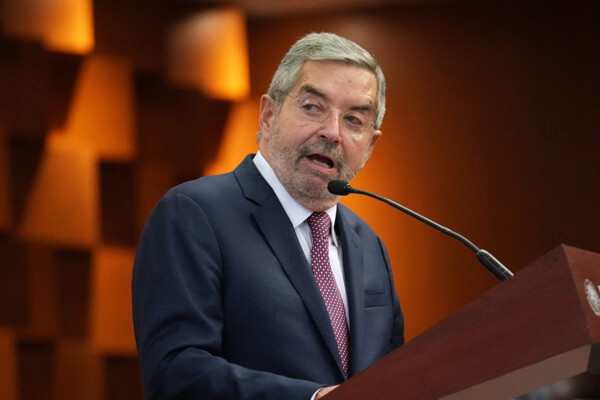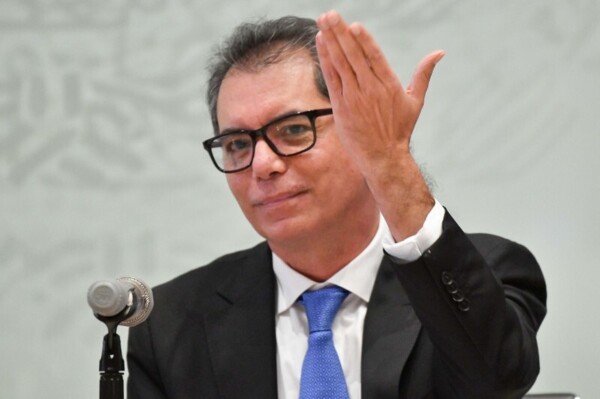
In recent years, various voices have warned about the deterioration of democracy worldwide. This phenomenon, which is also observed in our country, prompts us to reflect on the importance of strengthening democratic values in society. A good example of this is the decision made by Germany after the devastation of the war when it decided to promote an extensive civic education program to instill respect for democracy and tolerance in new generations. This initiative aimed to prevent future tragedies arising from exclusion and intolerance.
Civic education in Germany was supported by significant resources, and various sectors, such as academia, the film industry, and literature, joined this effort by documenting the devastation caused by the war. Despite the relevance and scope of this German decision, other Western countries also implemented programs in favor of democracy, generating hope for a future of greater tolerance and multicultural respect.
However, the current reality shows us that social maturity has not advanced as expected. Global surveys indicate a growing preference for authoritarian regimes to solve common problems. Far-right movements have gained strength in several European countries, casting doubt on the future of a united and democratic Europe. The recent disappearance of USAID, an important U.S. agency for the promotion of democracy and freedom of expression, reflects a shift in international policy.
In light of this scenario, it is essential to reaffirm our commitment to democracy as a pillar of civilization. Politics should be seen as a tool for achieving legitimate and lasting agreements in society. In this context, the lack of transparency in the process of selecting judges is concerning, as evidenced by the lists presented to the INE without clear data. This situation not only makes it difficult to identify the candidates but also affects one of the fundamental principles of any election: knowing who is being voted for.
In times of uncertainty and change, it is crucial to reaffirm our commitment to democracy and the principles that support it. It is necessary to promote an open and constructive debate about how to strengthen our institutions and democratic values to build a fairer and more equitable society.













